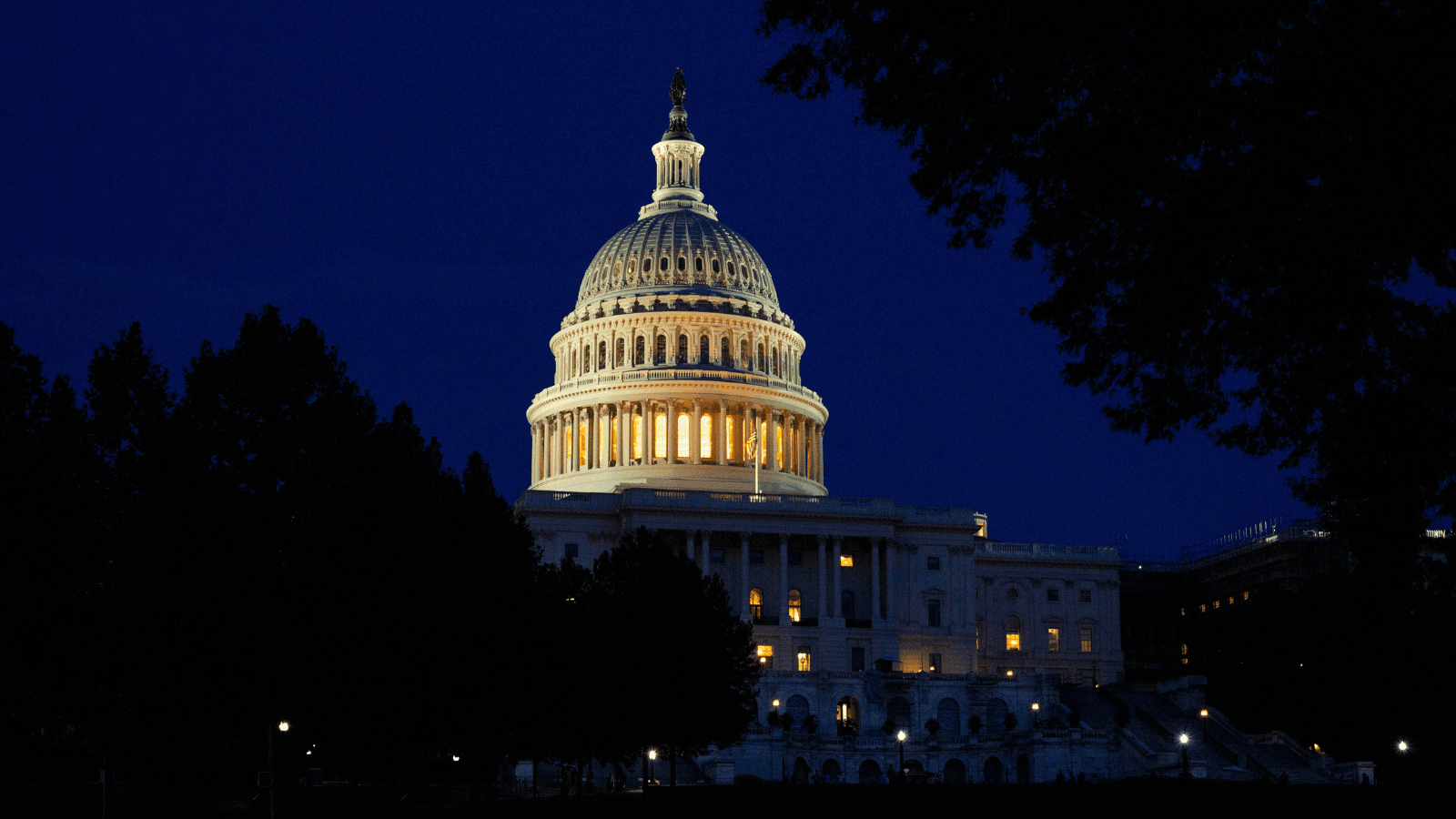
Last night, the deadline to avert a government shutdown passed as Congress failed to approve a continuing resolution (CR) for short-term government funding. In preparation for this shutdown, The White House Office of Management and Budget has instructed agencies to prepare reduction-in-force plans, adding potentially permanent layoffs to the long list of negative shutdown consequences.
Congress’s inability to pass necessary funding bills creates harm and uncertainty for families, businesses, and agencies across the country. In this state of limbo, critical areas of government like the U.S. Environmental Protection Agency (EPA) cease regular operation, which can halt essential cleanups, safety inspections, and crucial research.
This shutdown also affects the U.S. Department of Agriculture (USDA), meaning our nation’s farmers and ranchers may lose essential assistance such as insurance for crop losses due to extreme weather, operating loans, and payments that are part of conservation programs, all of which could be detrimental during an already challenging time for those in the agriculture industry. What is more, the shutdown puts nutrition assistance at risk for millions of Americans who rely on the Special Supplemental Nutrition Program for Women, Infants, and Children.
During a shutdown, federal workers who are considered essential–such as air traffic controllers and members of the military–will be forced to work without pay. Others, such as national park staff, will be indefinitely furloughed as parks close to the public and visitor services are halted. Both scenarios are disruptive to the lives of workers and cause unpredictability for countless Americans in everything from travel to the enjoyment of God’s creation. In national parks, closures or partial closures will threaten local economies and impact the people planning on visiting these beautiful places this fall, a peak season for many parks. According to National Park Service data, parks could lose $1 million per day in visitor fees and up to $77 million in visitor spending in local communities.
As evangelical Christians who care about the health and wellbeing of all God’s children and creation, we call on Congress to work together to pass necessary legislation without cutting essential provisions that defend God’s creation and the future of our communities.






